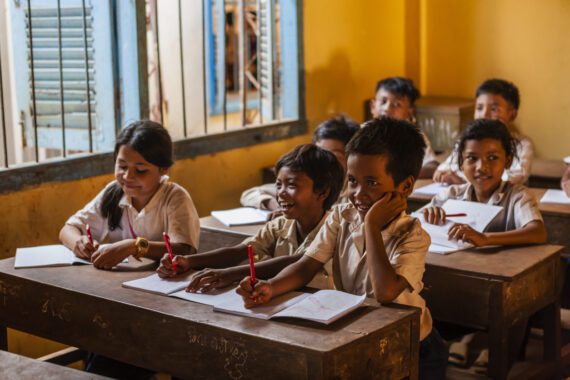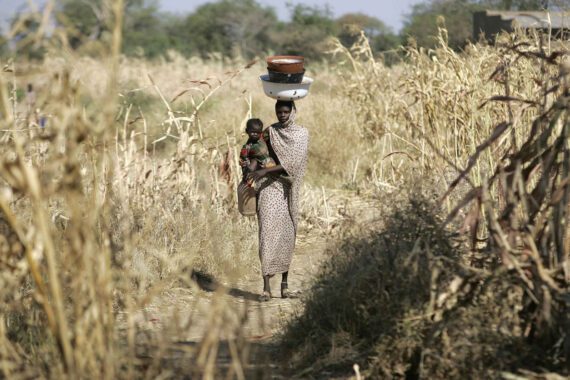Washington, D.C. – Today, the United Nations World Food Program (WFP) released a report outlining the consequences of the COVID-19 pandemic and highlighted that the number of people facing extreme hunger could double unless swift action is taken. Currently, 135 million people globally face extreme hunger, what the WFP and others call “acute food insecurity.” That number could soar to 270 million by the end of 2020. Ambassador David Beasley, executive director of the WFP, this morning urged the United Nations Security Council to take action.
“Beasley confirmed what we have been warning – the COVID-19 health crisis is becoming a global hunger and humanitarian crisis,” said Rev. David Beckmann, president of Bread for the World. “The U.S. must join with other countries around the world to respond to this global pandemic and its economic fall-out.
Bread for the World is urging Congress to expand health and humanitarian programs, strengthen the global food supply chain and social protection programs, and allow U.S. funded school feeding programs around the world to serve children while schools are closed.
As many as 370 million children are not receiving nutritious school meals, reducing their resistance to illness. “Better nutrition for mothers and children is more important than ever,” said Beckmann.
“Now is the time to heed God’s call to care for the ‘least among us’ (Matthew 25:40). The world has made dramatic progress against hunger in recent decades. But progress has stalled in recent years, and hunger is now surging all over the world,” added Beckmann. “Congress must address this crisis by increasing SNAP food assistance in the U.S. and international aid to help developing countries cope with COVID-19 and its economic consequences.”



